Search Results
Showing results 1 to 10 of 10

Invent a Plant
Source Institutions
In this activity, learners construct models of plants that are adapted to living under specific environmental conditions.
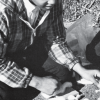
Food Grab
Source Institutions
In this outdoor activity, learners design devices that will catch prey or gather plants.

Wintergreen
Source Institutions
In this outdoor, winter activity, learners find living green plants under the snow and determine the light and temperature conditions around the plants.

Snug as a Bug
Source Institutions
In this outdoor activity, learners make models of homes that might protect small animals from the elements, then search living plants for real structures made by small animals.
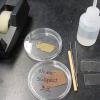
Crime Scene Investigation (CSI) with Powdery Mildew Fungi
Source Institutions
This exercise can be used to stimulate the investigative nature of learners as they use forensic plant pathology techniques to prove the learners' innocence in a mock murder investigation.
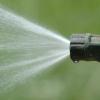
Skin Deep
Source Institutions
In this activity, learners explore how to protect their skin while applying pesticides to plants.
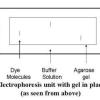
Gel Electrophoresis of Dyes
Source Institutions
In this experiment related to plant biotechnology, learners discover how to prepare and load an electrophoresis gel.
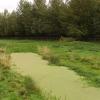
Exploring an Ecosystem
Source Institutions
In this ecology activity, learners make a model water-based ecosystem called a terraqua column. The column (in a large soda bottle) includes pond water, duckweed, sand or gravel, and small snails.
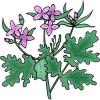
Photosynthetic Pictures Are Worth More Than a Thousand Words
Source Institutions
This activity provides an opportunity for learners to observe and examine how carbon dioxide, water, and light produce glucose/starch through a process called photosynthesis.
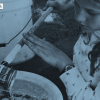
Can Fishing
Source Institutions
In this outdoor activity, learners go "can fishing" and discover the kinds of aquatic organisms that live in and on submerged cans.
